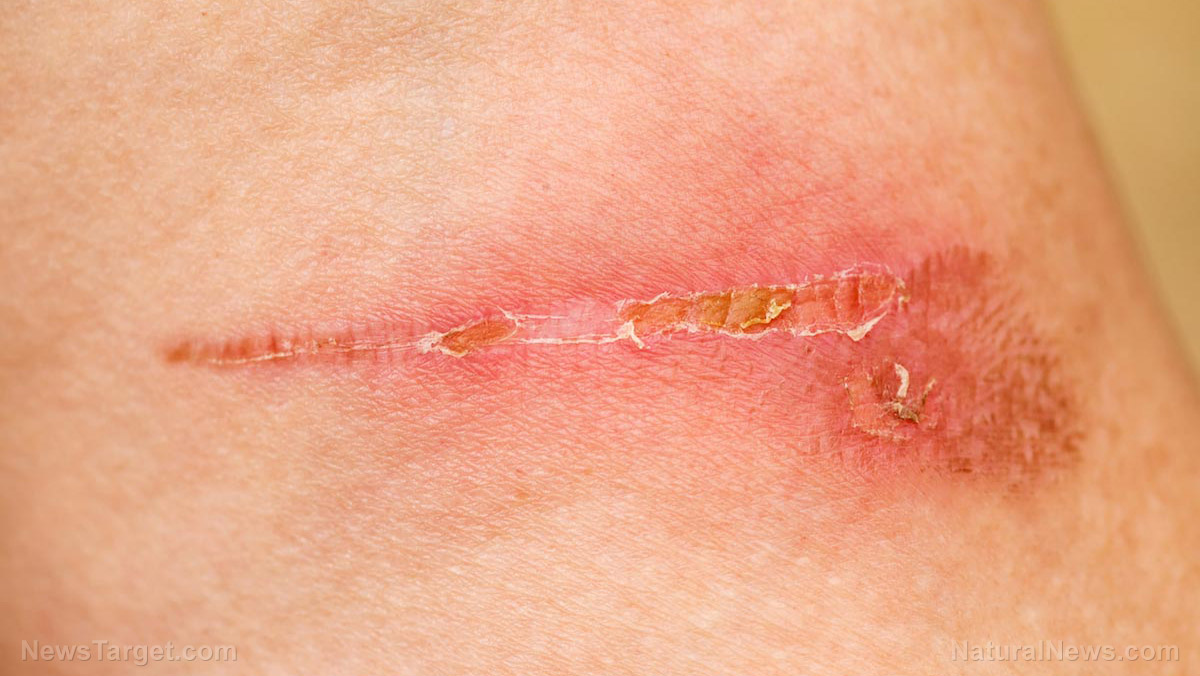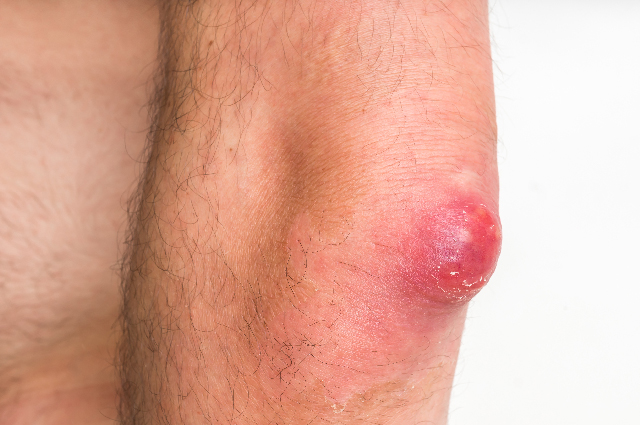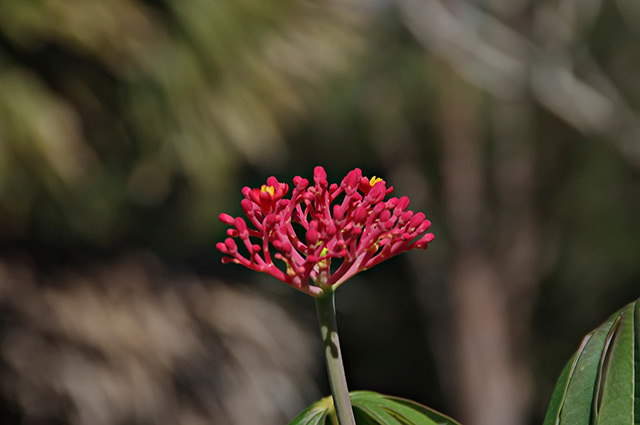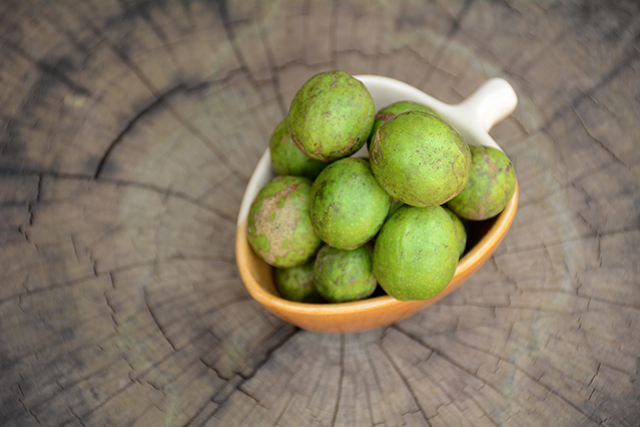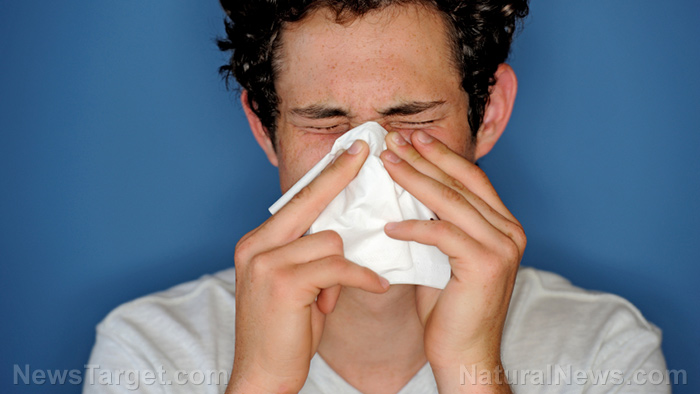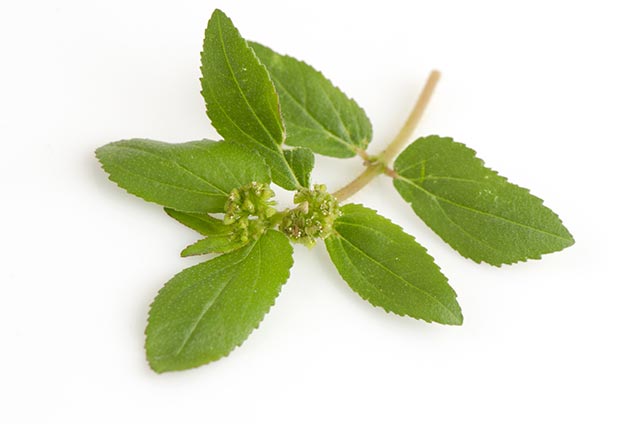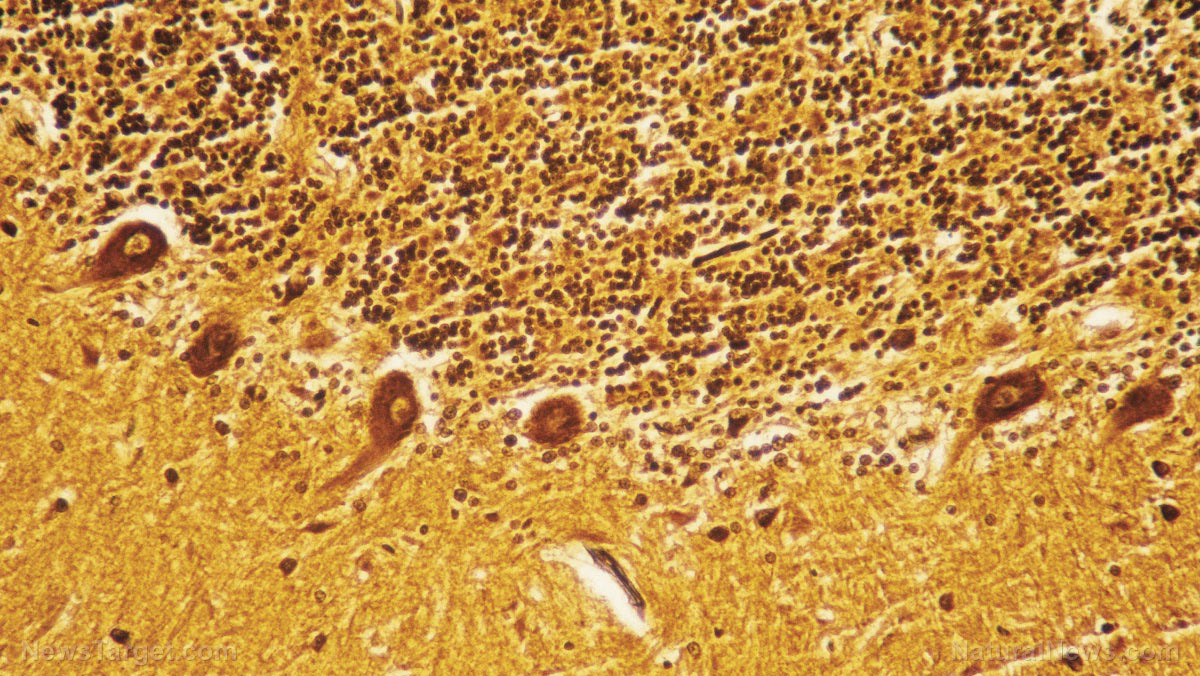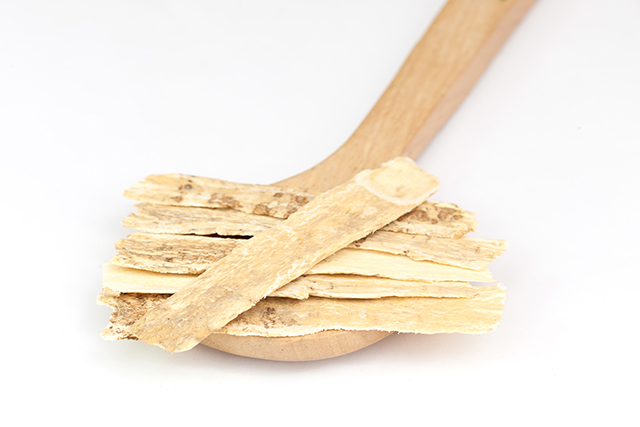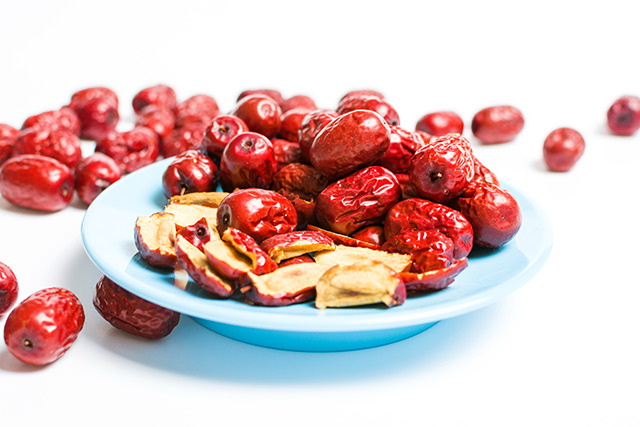How to soothe chigger bites
07/05/2018 / By RJ Jhonson

If you’ve been bitten by chiggers, you know how uncomfortable the experience can be. There are many recommended methods on how to deal with the critters and the angry welts they leave behind, but you don’t need to expose your skin to harmful chemicals. There are natural and effective methods you can use.
Getting relief from chigger bites
Chiggers are tiny – microscopic even – mites that live in shady areas with lots of vegetation. They can transfer to your skin if you make contact with the plants or animals that carry them at the time. These animals are notorious for their bite that leaves red, itchy, and uncomfortable welts.
But in reality, chiggers do not bite. They drill holes into the skin, into which they release their saliva. The chemicals in their spit break down your skin, which chiggers then eat. The welts are a result of this process and often appear after the animal has left.
The first step in treating chigger bites is to confirm that they are indeed done by the mite, especially as red welts can occur for a lot of reasons.
Chigger bites are often located in areas with delicate skin, such as the back of the knees, the waist, and the groin. The itch can be severe enough to keep you awake at night. After some time, the itchy area develops a red bump that looks like welts.
There are several natural treatments for chigger bites. Here are some of the most effective:
- Baking soda – This can be used shortly after exposure, but is still good even after the itching has started. Combine equal parts soda and water and apply to the bite. Leave on for a few seconds and then rinse off with a warm shower. This may sting a bit, but the pain will help relieve the itchiness.
- Salt – This is best applied with a vapor-rub ointment, especially the natural variety. The salt is believed to neutralize the effects of the chigger’s saliva, so this is one of the most effective treatments you will find. However, do note that the salt will make the welts sting. You can also mix the salt with water and spray it onto the affected area.
- Castor oil – This is another highly recommended treatment, especially for relieving itchiness. Just dab onto the affected area of the skin.
- Diatomaceous earth – This is used for a wide variety of purposes, including keeping very tiny insects at bay. While it effectively dries out welts, it can also be used as a preventive measure to deter chiggers before they attack.
- Aloe vera – This herb is great for relieving the itch, especially when it is combined with peppermint oil.
- Warm shower – This is best shortly after exposure as you feel the itch begin. A warm shower will dislodge some of the mites and reduce your feeling of discomfort. Be sure to rub the affected areas properly with soap.
Preventing chigger bites
As the adage declares, prevention is better than cure. There are a number of steps you can take to minimize the risk of getting chigger bites. (Related: Avoid insect bites this outdoor season without resorting to nerve gas sprays.)
One of the best ways to start is to mow your lawn. Letting the grass in the yard grow too long is like inviting chiggers over. Mowing regularly will reduce the range of places chiggers can live and hide in your yard.
If you must go to areas with plenty of vegetation, such as if you’re hiking or camping, you can minimize the possibility of catching chiggers by wearing long-sleeved shirts or long pants, especially those that cover areas where the mites frequent. You can also sprinkle some diatomaceous earth inside your socks or on your clothes to hinder the critters from attaching to your skin.
Learn more about of natural ways to treat insect bites at Remedies.news.
Sources include:
Tagged Under: aloe vera, Baking Soda, Castor Oil, chigger bite relief, chigger bites, chiggers, diatomaceous earth, insect bites, natural insect bite treatment, natural remedies, prevent insect bites, preventing insect bite, salt




